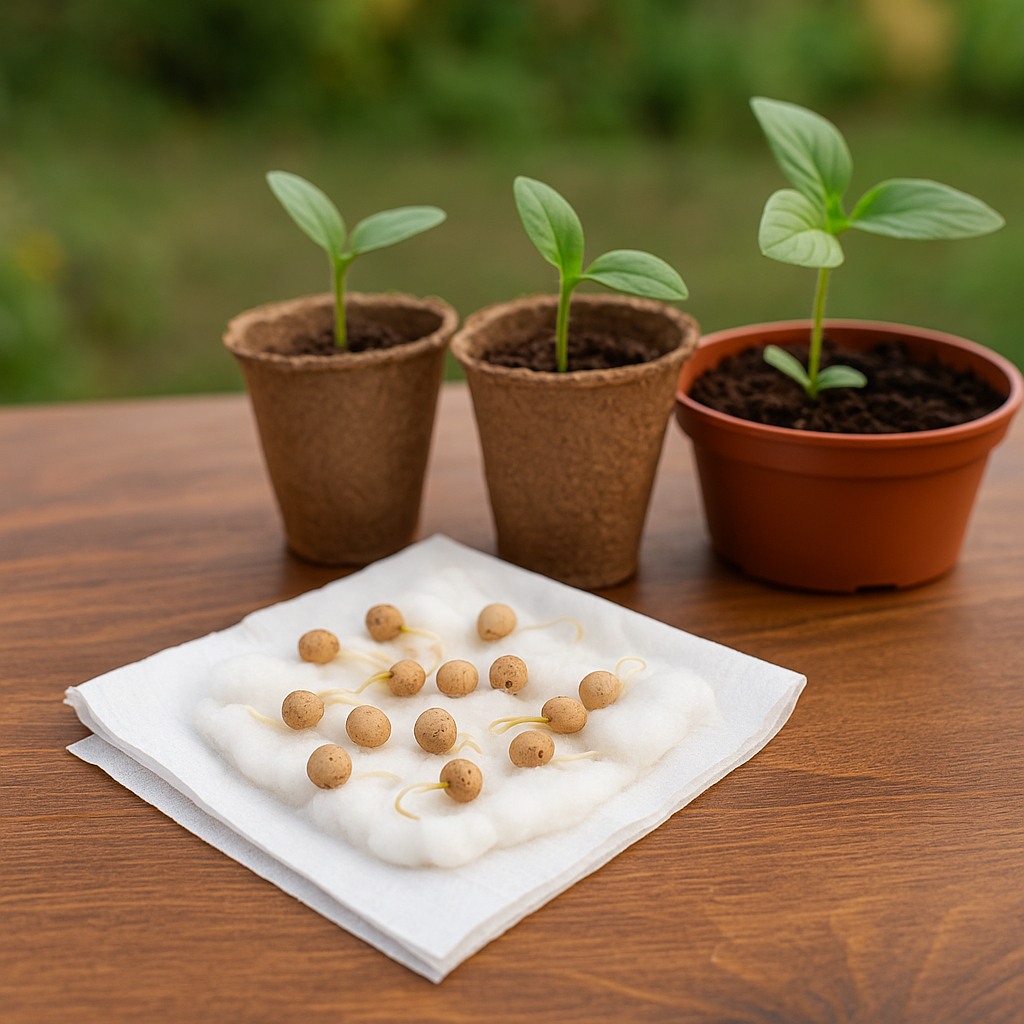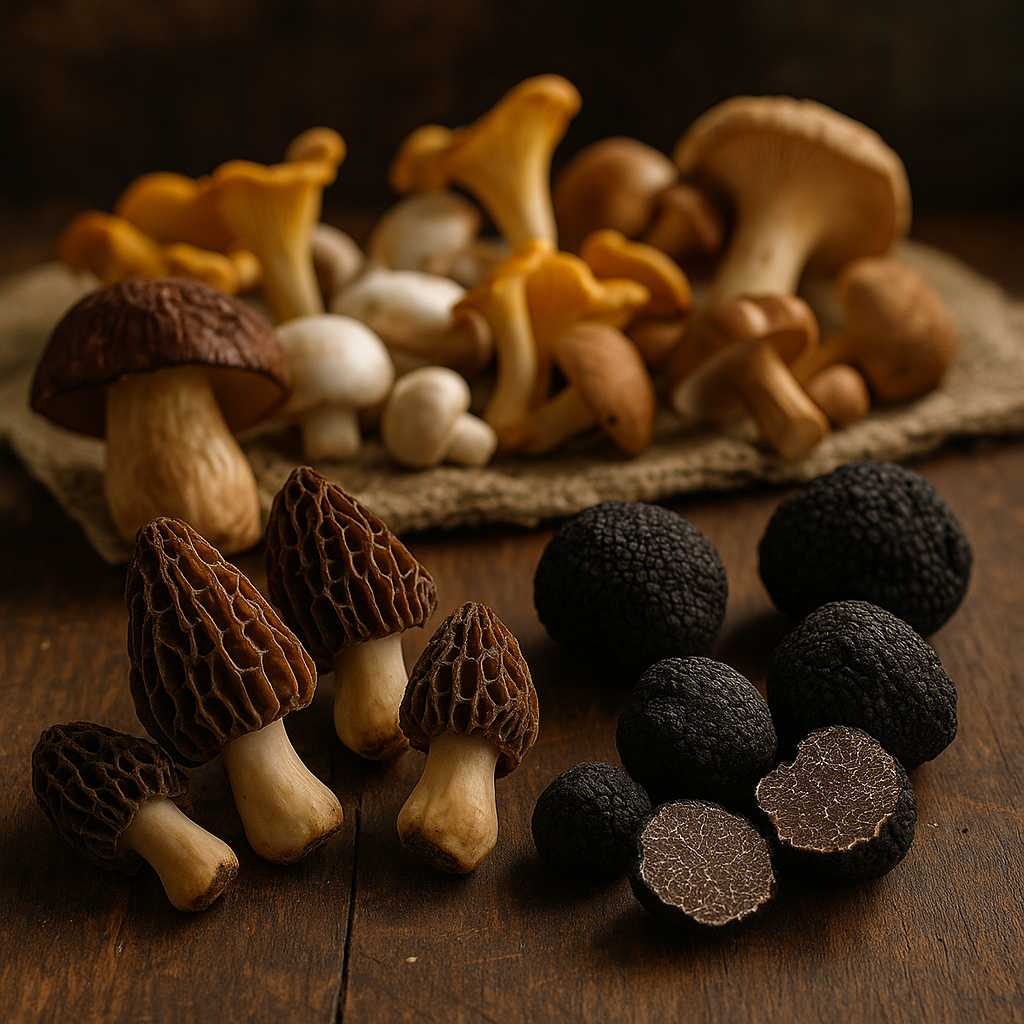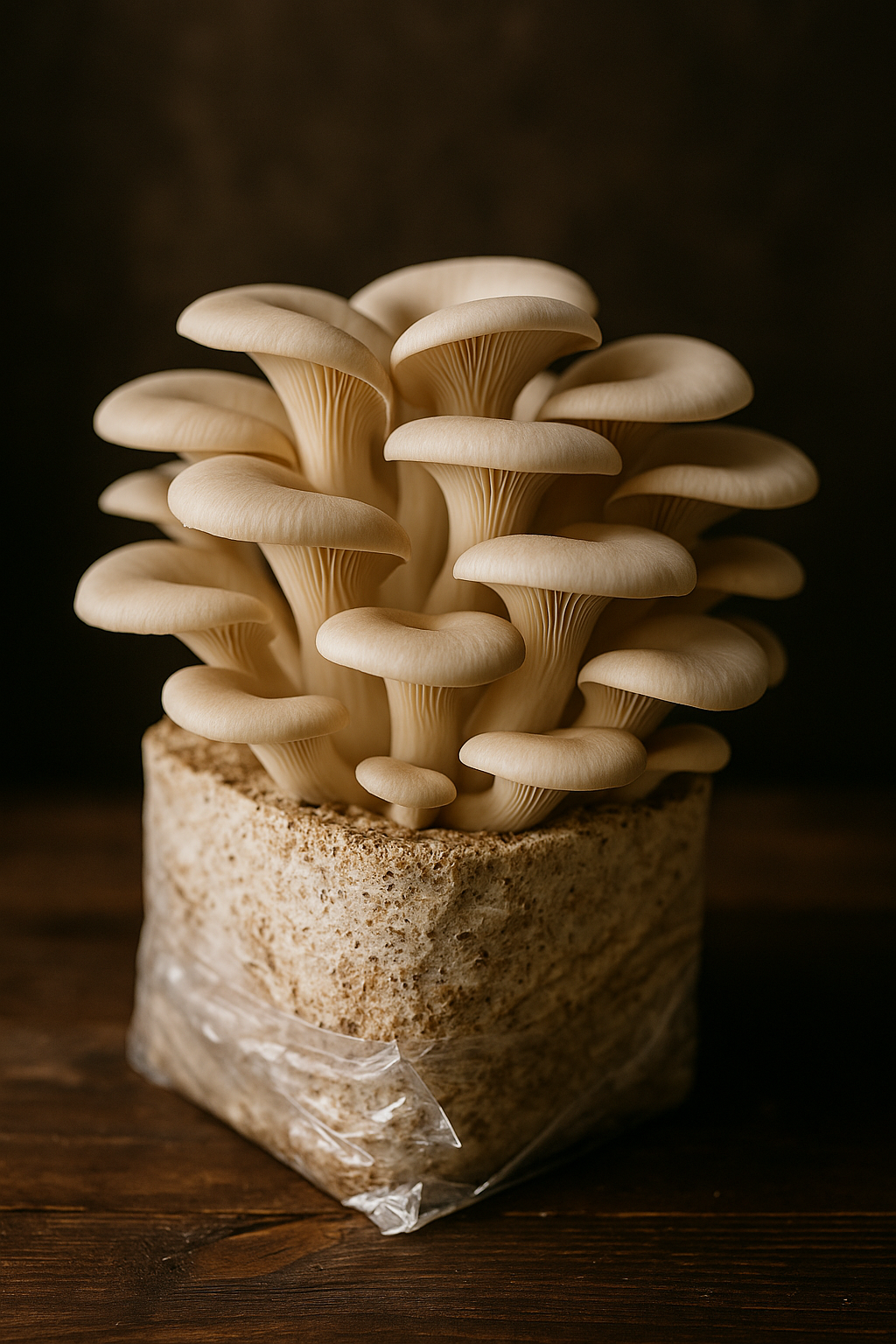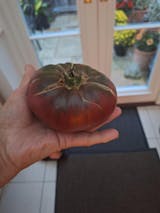🌱 Successful sowing: essential methods for a thriving vegetable garden
Whether you are a beginner gardener or an experienced enthusiast, successful sowing is a key step.
Depending on the season, the type of seeds, and your equipment, several techniques are available to you: cotton sowing, in a pot, in a seed tray, or directly in the open ground.
Each has its advantages... and its little subtleties.
In this article, discover when and how to use each method with concrete examples of different varieties.
🌿 1. Cotton sowing: ideal for observing germination
What is it?
Cotton sowing consists of germinating a seed on a moist support (cotton, paper towel, or compress).
It is perfect for testing seed viability and introducing children to the magic of germination.
Necessary equipment
-
A transparent container (glass, box, saucer)
-
Absorbent cotton or paper towel
-
A little water
-
Seeds to test — example: green lentils, dwarf beans, pole peas
Steps
-
Slightly moisten the cotton (it should be damp but not soaking wet).
-
Place the seeds on the surface without burying them.
-
Cover with plastic wrap or a lid to maintain humidity.
-
Place everything in a bright place at room temperature.
-
As soon as the first roots appear, transplant the young shoots into pots or directly into the soil.
| Advantages | Disadvantages |
|---|---|
| Very educational, perfect for children | Not suitable for all species |
| Ideal for testing germination | Requires quick transplanting |
🪴 2. Pot sowing: controlling the growth of young plants
Why use a pot or a tray?
This method allows you to control germination conditions and provide seedlings with a protected environment before transplanting them into a larger pot or into the ground.
It is perfect for varieties that require heat and attentive care.
Tray sowing also offers you a space-saving advantage, for example by sowing several rows of tomatoes. However, they will require quick transplanting into individual pots once your seedlings have produced their first leaves (shortly after the cotyledons).
Examples of suitable varieties
Necessary equipment
-
Plastic pots or trays (recycled), coconut fiber or biodegradable
-
Special seedling soil, fine and well-drained
-
Sprayer or watering can with a fine rose
- Seeds
Steps
-
Fill the pots with slightly moistened potting soil.
-
Dig a small hole (0.5 to 2 cm depending on the variety).
-
Place one or two seeds, cover lightly.
-
Gently firm and spray a little water.
-
Place in light, between 18 and 22 °C.
-
Keep the substrate moist, but never waterlogged.
🌻 3. Sowing directly in the ground: natural and effective
When to do it?
As soon as temperatures warm up and the risk of frost has passed, direct sowing allows you to save time and let the plants root naturally.
It is particularly suitable for root vegetables and robust plants.
Examples of ideal varieties
Steps to follow
-
Loosen the soil and remove obstructive stones.
-
Make regular furrows or holes (about 3 cm deep)
-
Sow the seeds in rows or broadcast.
-
Cover with a thin layer of soil.
-
Lightly press down and water with a fine spray.
Advantages
-
No need for transplanting
-
Plants better anchored from the start
-
Ideal for easy crops
To avoid
-
If the soil is cold, compacted, or waterlogged
-
In case of risk of late frosts
🧩 In summary: which method to choose?
| Type of seeds | Recommended method |
|---|---|
| Legumes, radishes, zucchinis | Direct sowing in open ground |
| Tomatoes, eggplants, peppers | Sowing in pots |
| Lentils, peas, dry beans | Cotton sowing for germination test |
🌿 SemiSauvage Tip
Our seeds are 100% reproducible, carefully selected for their qualities and ability to enrich the biodiversity of your garden.





Leave a comment
This site is protected by hCaptcha and the hCaptcha Privacy Policy and Terms of Service apply.